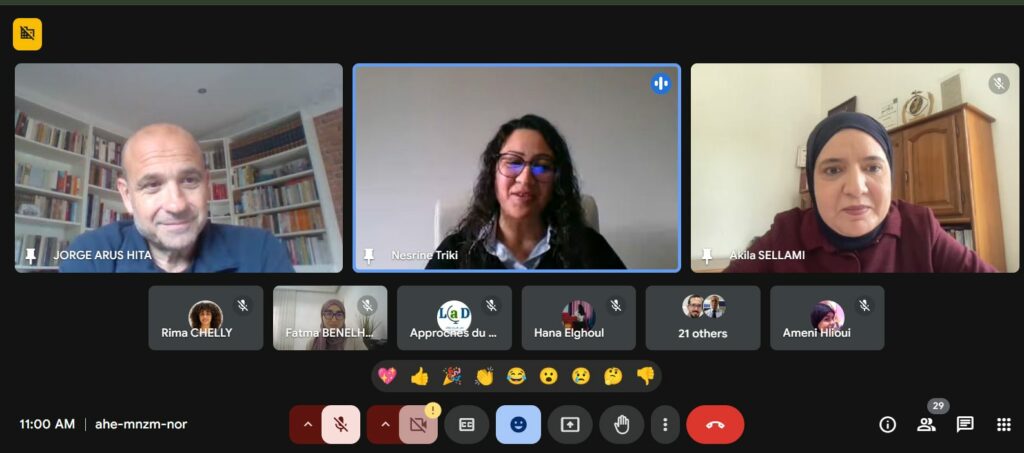ONLINE Session of SYFLAT Research Methodology Seminars 2024/2025
Title: Systemic Functional Linguistics across languages, linguistic disciplines and academic profiles
Abstract: A theoretical model that is neither visible nor accessible is effectively non-existent. With this perspective in mind, my talk will address the visibility and accessibility of Systemic Functional Linguistics (SFL) across languages, disciplines, and academic communities. For each of these dimensions, I will highlight significant factors, assess current efforts, and propose ways to enhance SFL’s reach and impact.
When considering SFL’s presence across languages, we will explore the extent to which its principles have been disseminated through typological studies and translations or adaptations of foundational texts. However, true accessibility requires more than availability – it thrives through active communities of practice. These range from institutional research groups to national and regional SFL associations, as well as mailing lists lik Sysfling, which serve as valuable resources for scholars seeking insights into SFL-related questions.
As for SFL’s role across linguistic disciplines, its principles have been applied in diverse areas such as Discourse Analysis, Sociolinguistics, Foreign Language Teaching, Language Typology, and even Computer Science. Yet, despite its inherently interdisciplinary nature, greater visibility in non-SFL-centric conferences and publications is necessary to challenge the misconception that SFL operates in isolation from other theoretical frameworks.
The final aspect-the accessibility of SFL within the broader academic landscape-closely ties into the previous two. Expanding the theory’s reach across languages and disciplines naturally fosters greater academic recognition. A key question here is how the SFL community can support emerging researchers. One crucial approach is the development of postgraduate programs with a systemic orientation, allowing senior scholars to pass on their expertise and ensure the theory’s sustained growth. Additionally, systemic conferences and SFL-friendly publishing avenues could better nurture young scholars by offering guidance on abstracts and manuscripts rather than simply enforcing a rigid accept/reject binary. While some initiatives in this direction exist, further collaborative efforts are needed to advance these goals.



